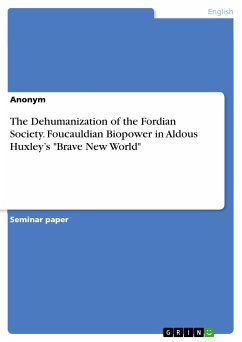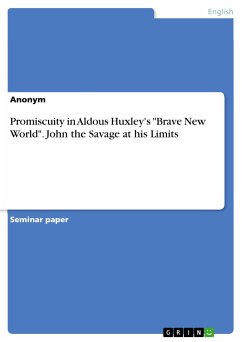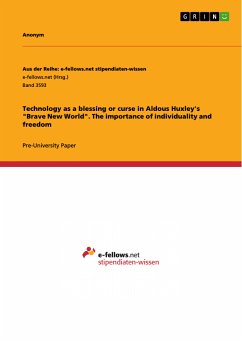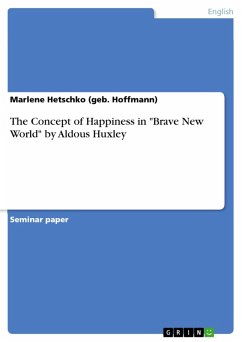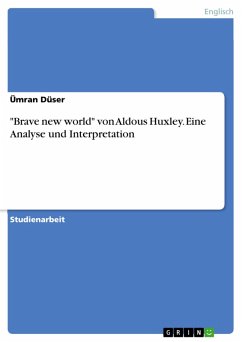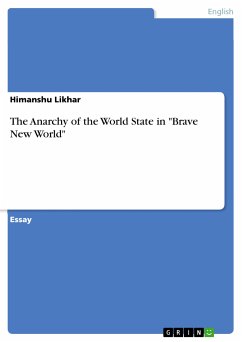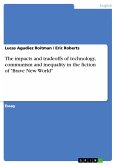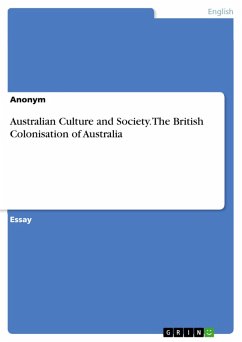Seminar paper from the year 2022 in the subject English Language and Literature Studies - Literature, grade: 1,0, Bielefeld University, language: English, abstract: In Brave New World Aldous Huxley explores a dystopian scenario of a centuries-away future where a totalitarian regime utilizes scientific advancements and disciplinary conditioning to form the human species to their vision. Huxley's novel explores what happens when society fully cedes its power to a government that subsequently utilizes scientific advancement to improve their control over said society. Using Michel Foucault's power theory and his concept of biopower, I will analyze how the government of Huxley's World State successfully exerts biopower by combining regulation of the population and conditioning of the individual to create a hamster wheel of a society that spins in an era of everlasting contentment. I will first outline the beginnings of political power theory at the examples of enlightenment philosophers Hobbes, Locke and Rousseau and then transition into a more modern perspective on power by twentieth century French philosopher Michel Foucault. The gained insights on political power philosophy I will then apply to Aldous Huxley's Brave New World and analyze the government's utilization of the examined power variants and to which success they exert these.
Dieser Download kann aus rechtlichen Gründen nur mit Rechnungsadresse in A, B, BG, CY, CZ, D, DK, EW, E, FIN, F, GR, HR, H, IRL, I, LT, L, LR, M, NL, PL, P, R, S, SLO, SK ausgeliefert werden.

